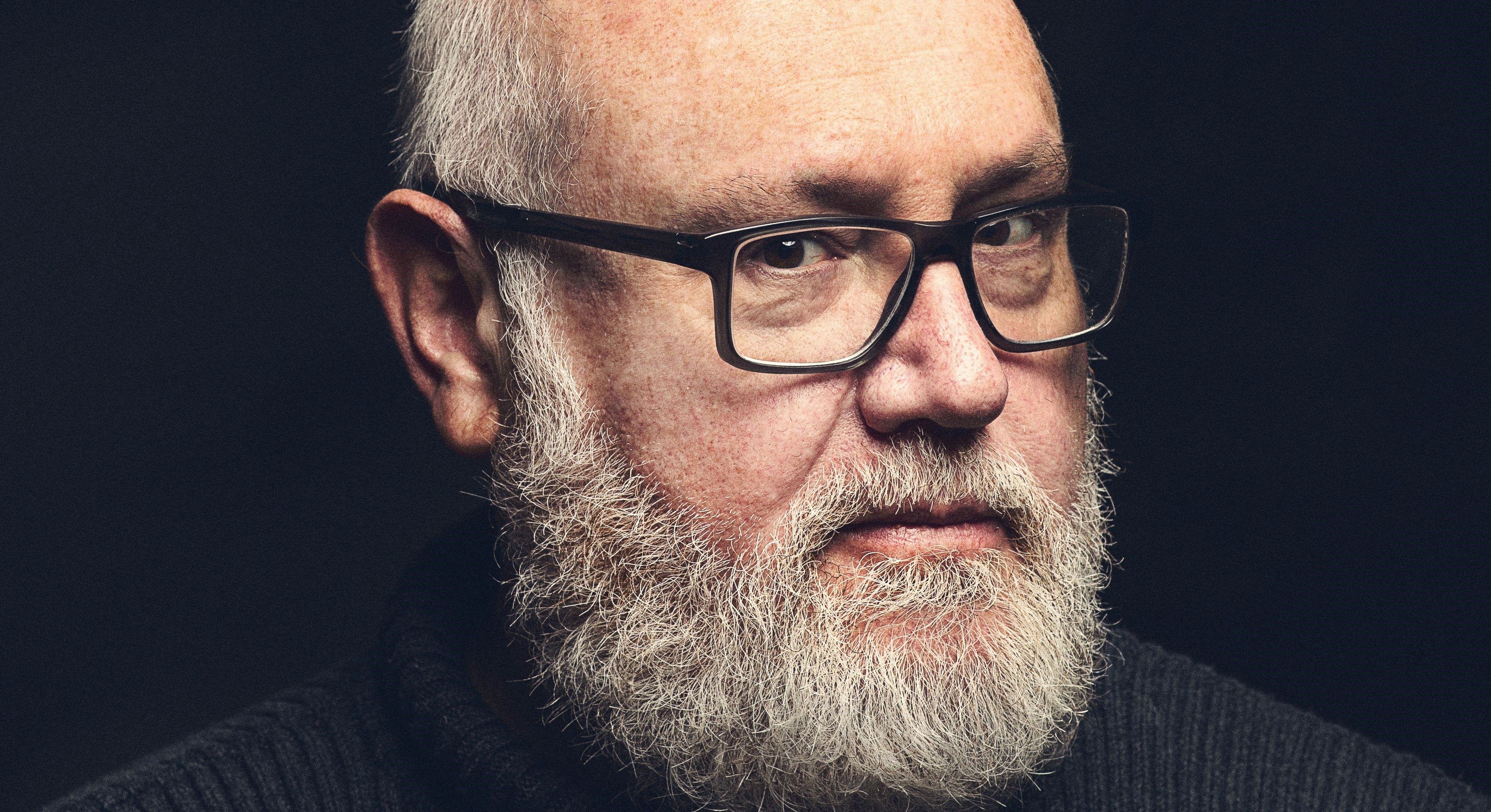Is recession changing our financial DNA?
Is the recession fundamentally changing Americans' attitudes toward money?
A recent survey conducted for CNNMoney.com found that a lot of people think so: Ninety-four percent said the recession will have a lasting effect on the way they manage their finances. Nine in 10 people said they've already changed the way they handle their money.
Here's an excerpt from the story:
We're not just cutting our bills, we're rejecting materialism. We're placing safety and intrinsic rewards like relationships and personal growth ahead of profit. We're embracing family and community and asking how we can help others, not just ourselves.
"We've hit a hard pendulum swing," says Douglas Brinkley, a professor of history at Rice University in Houston. And he, along with many others, believes the changes in the nation's core values could last for decades.
Read the story here.
I think it's clear that the recession has prompted a lot of us to change the way we run our financial lives. But it seems like a huge leap to assert that the change will last decades -- or that Americans will generally reject materialism for decades to come.
I always think the main problem with hoping that we all become less materialistic is that materialism is so comfortable. SUVs may be expensive and bad for the environment -- but they're so comfortable. Everyone knows that saving is better than going into debt -- but hey, the picture on that new high-def TV sure is spectacular. Selfishness is a stronger force than wisdom, and immediate satisfaction feels a whole lot better than some imagined future satisfaction.
This is basically a battle between our inner toddler and our inner pioneer. I don't know about you, but I know which one is stronger in me -- and I suspect that the toddler is stronger in the culture, generally. My wild guess would be that our frugal, anti-materialistic streak won't last much longer than the recession.
But here's a little counterweight to that cynicism, again from the CNNMoney.com piece:
We're starting to take the goal of getting out of debt, and staying out of debt, seriously. Nearly 70% of our survey respondents reported that if they can't pay for a purchase with cash or a debit card, they don't buy. About three-quarters said increasing the amount they save is more important now.
And after years of paying lip service to this notion, Americans actually are socking more money away. The national savings rate, which was negative just a few years ago, shot to a 14-year high of 5% in January.
What do you think? Is the recession changing the fundamental nature of America from a materialistic country to a frugal one?
